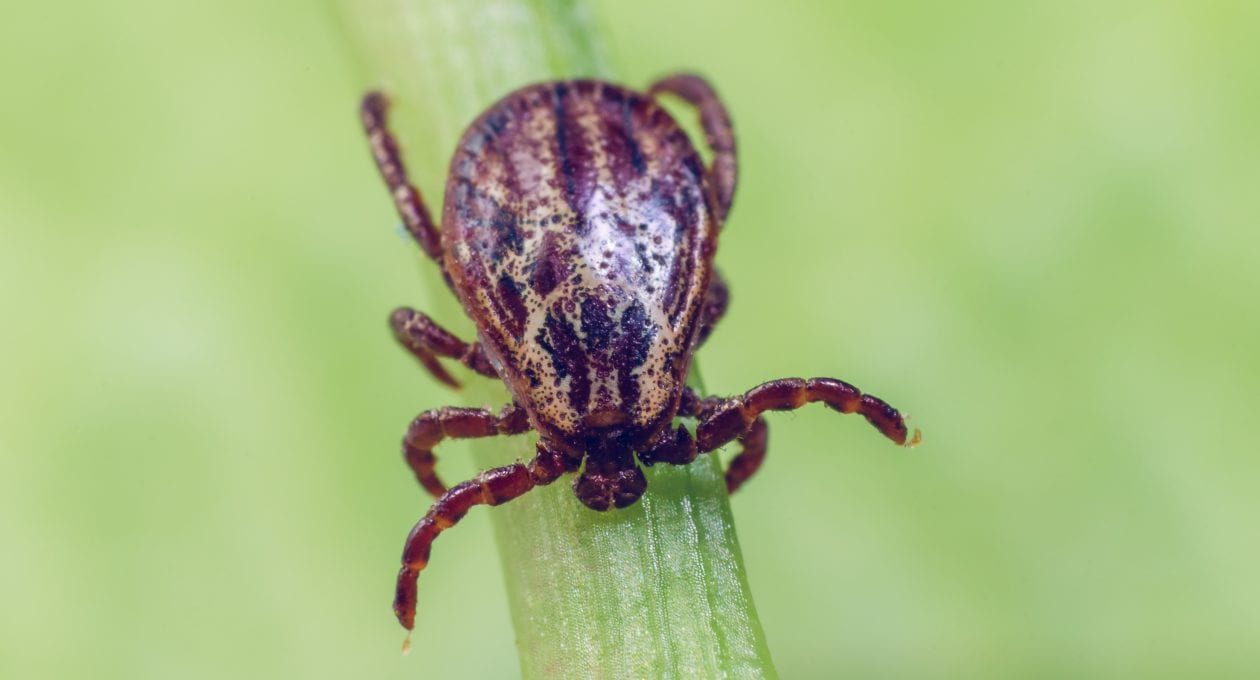Photo: AdobeStock, Evolva License
By Robin Foster, HealthDay Reporter
August 10, 2020 (HealthDay News) – Bugs beware: There’s a powerful new insect repellent in town.
Just approved by the U.S. Environmental Protection Agency and known as nootkatone, the citrus-scented ingredient repels mosquitoes, ticks, bedbugs and fleas.
In high concentrations, it can kill these pesky insects and slow the spread of the diseases they can carry, according to the U.S. Centers for Disease Control and Prevention, which developed nootkatone. In addition, it may work against lice, sandflies, midges and other pests.
Nootkatone, which is found in Alaska yellow cedar trees and grapefruit skin, can also kill bugs that are resistant to DDT, pyrethroids and other common insecticides, the CDC said in an agency news release.
One proposed use is in soaps that people in tick-infested areas could shower with, repelling and possibly killing ticks that try to attach to them.
“Its use as an insecticidal soap has great potential,” Duane Gubler, a former CDC chief of vector-borne diseases, told The New York Times.
It repels ticks better than DEET or other synthetic chemicals do, and it is equally good at repelling mosquitoes, Dr. Joel Coats, an insect toxicologist from Iowa State University, told the Times.
And unlike natural bug repellents like citronella, peppermint oil and lemongrass oil, nootkatone does not lose its potency after an hour or so, Coats added.
Nootkatone can now be used to develop new bug repellents and insecticides for both people and pets. The CDC’s licensed partner, a Swiss company called Evolva, is in discussions with leading pest control companies for possible commercial partnerships, the agency said.
“This new active ingredient has the potential to be used in future insect repellents and pesticides that will protect people from disease,” Alexandra Dapolito Dunn, the EPA’s assistant administrator for the Office of Chemical Safety and Pollution Prevention, said in the CDC news release.
Robin Foster is Senior Editor—Foster has 20 years of experience in journalism, including editing stints at a Times-Mirror newspaper in Connecticut and a Times-Journal daily in Washington D.C. Before that, she was a reporter at The Orlando Sentinel. She has been with HealthDay since 2000, both as a reporter and an editor.
